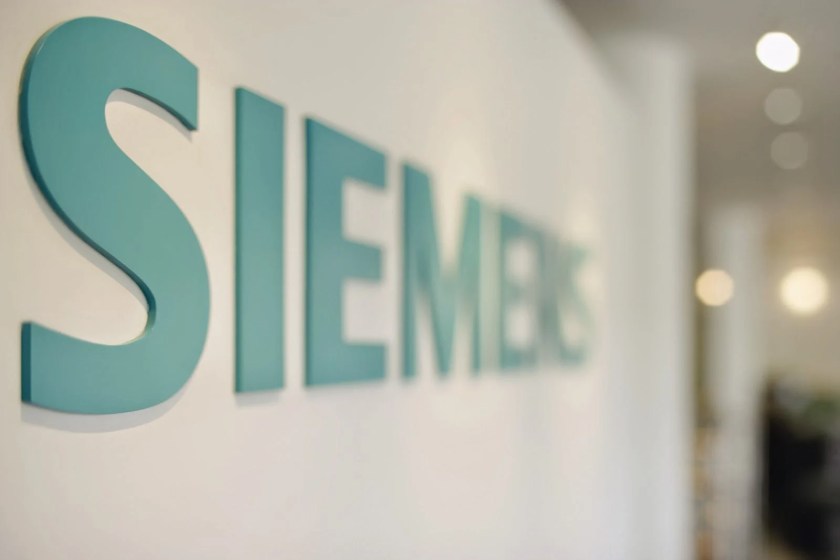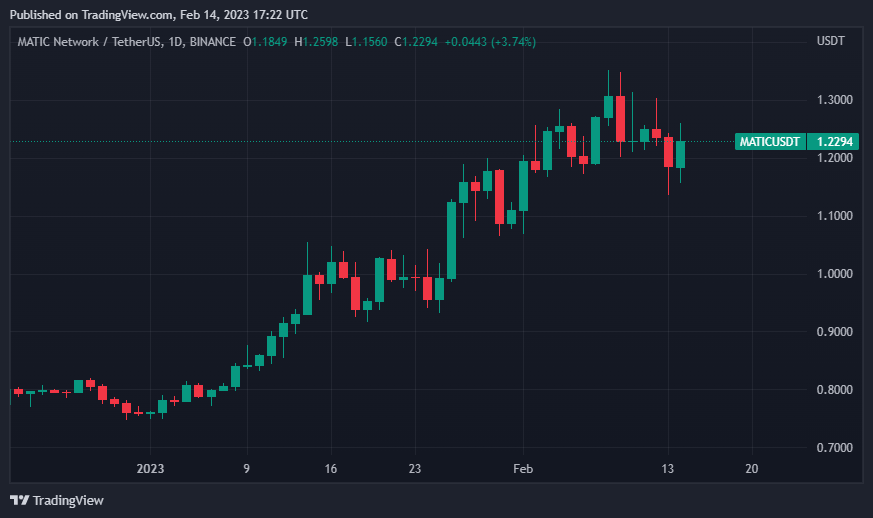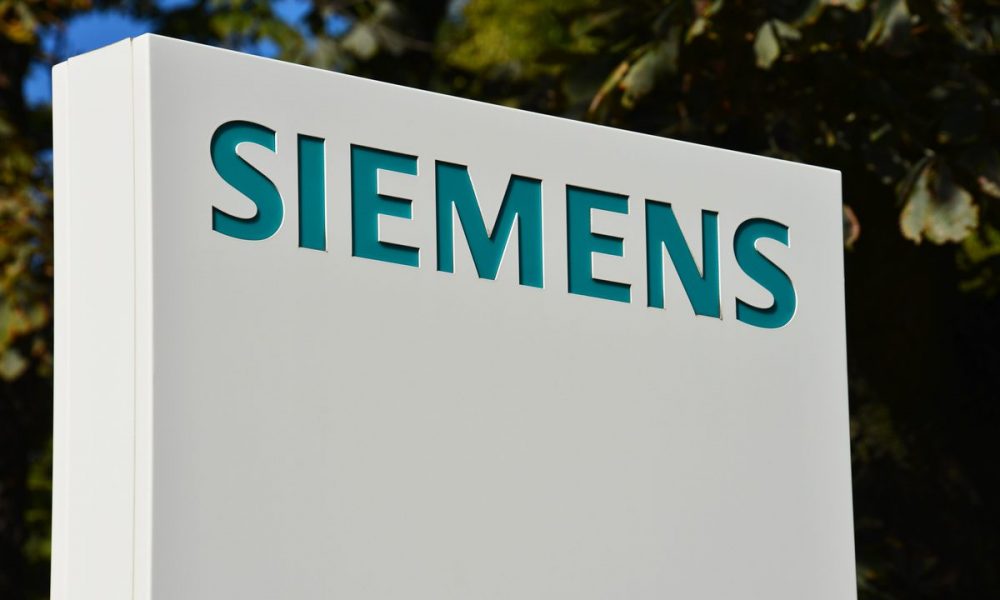Siemens (SIE), Germany’s third-largest publicly traded company by market capitalization, has issued its first digital bond to reduce paperwork and reach potential buyers directly. Moving some of its workload to Blockchain, the company will work with this altcoin project.
Siemens chooses this altcoin project for its first digital bond
Europe’s largest technology conglomerate wants to issue euro-denominated bonds on Polygon (MATIC). According to a press release, the 60 million euro ($64 million) bond issued on Polygon has a maturity of one year. The company refused to give the interest rate.
The company said in a statement that a blockchain bond “makes paper-based global certificates and central clearing unnecessary.”

How did the MATIC price react to the news?
The 10th largest cryptocurrency by market cap is up around 7% at the time of the news. Price action was independent of the Siemens news and was visible across the market.

Polygon move isn’t Siemens’ first experiment with blockchain technology
In December 2021, JPMorgan partnered with the engineering and manufacturing giant to develop a blockchain-based system for payments. The system is used to automatically transfer money between the Munich-based company’s own accounts.
The Electronic Securities Act, which allows the sale of blockchain-based bonds, went into effect in June 2021. “By moving away from paper and towards public blockchains, we can run transactions much more quickly and efficiently than we have when issuing bonds in the past,” said Peter Rathgeb, Siemens’ corporate treasurer.

Altcoin investors await the zkEVM mainnet beta release
Finally, Polygon plans to launch a new Tier 2 scaling solution, zkEVM, in the mainnet phase on March 27. zkEVM will be a zero-knowledge or ZK Rollip that performs off-chain computations on a secondary layer for faster and cheaper transactions while prioritizing security. The goal is to further expand the scaling capabilities of the Ethereum network.
Polygon claims that its zkEVM will be equivalent to Ethereum’s Virtual Machine, meaning the network is expected to support the same code as Ethereum. Due to this factor, developers will be able to include applications from Ethereum and use them in Polygon’s zkEVM network without significant changes.
#zkEVM is amazing 🔥
(❤️ if you agree) #Polygon #Literully #DLT https://t.co/dq9MQ1bFVG
— Literully (@literully) February 14, 2023
“Polygon zkEVM is the gold standard for EVM equivalence, passing 100% of the valid Ethereum test vectors for a zkEVM. Developers can copy and paste code that runs on Ethereum and use it to build on Polygon zkEVM.” cryptocoin.comAs you follow, Polygon has partnered with a number of top companies this year during its network development activities.



